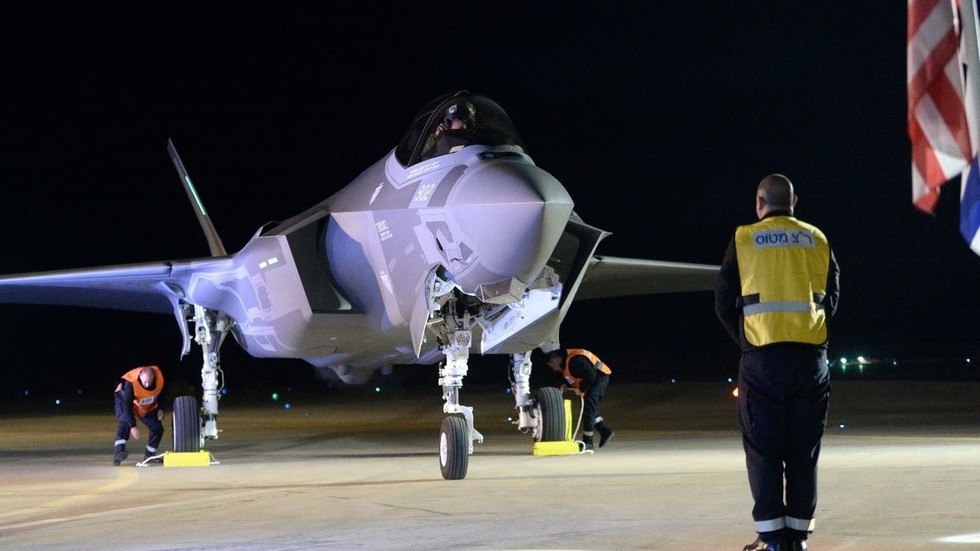Tensions between the United States, Israel, and Iran have escalated following a series of military engagements, most notably Iran’s missile strike on Israel. According to reports, the US has urged Israel to avoid targeting specific Iranian sites, particularly oil and nuclear facilities, in retaliation for Iran’s recent military actions, which involved launching over 180 ballistic missiles at Israeli targets. This attack was framed by Iran as a response to the assassinations of notable Hamas and Hezbollah leaders. Israeli Prime Minister Benjamin Netanyahu condemned Iran’s actions as a grave error and now faces internal and external pressure regarding the next steps in Israel’s military strategy.
In light of the recent escalated conflict, the Biden administration is reportedly offering Israel a “compensation package” to encourage restraint regarding specific reprisals against Iran. This package appears to include promises of increased diplomatic support and additional military assistance as a way to mitigate potential repercussions from broader regional warfare. Israeli Defense Minister Yoav Gallant has stated that all options remain open concerning target selection despite American requests, suggesting a precarious balance where diplomatic negotiation and military readiness coexist.
The US military assistance to Israel has been significant historically, often shielding Israel from international criticism through its veto power in the United Nations Security Council. The current administration has largely overlooked widespread calls from pro-Palestinian protestors for a reassessment of aid and military support amidst ongoing violence in the region, especially as the anniversary of a devastating attack by Hamas approaches. The ramifications of this support have been substantial, resulting in significant human casualties and destruction, particularly in Gaza where estimates of casualties have risen drastically following Israel’s military responses.
As Israel continues its campaign against Palestinian militants and engages Hezbollah in Lebanon, the human cost of this series of conflicts has become staggering, with tens of thousands dead and countless more displaced. Israel’s siege of Gaza in response to Hamas’s October 7 raid last year has resulted in catastrophic humanitarian crises, with local authorities reporting over 41,000 fatalities. Moreover, Israel’s military operations are not confined solely to Gaza; an ongoing offensive against Hezbollah has resulted in significant casualties in Lebanon as well, further complicating the region’s already volatile socio-political landscape.
Prime Minister Netanyahu has called for global solidarity to counter what he describes as the “barbarism” of Iran and its regional proxies. This rhetoric places additional pressure on Western nations to support Israel militarily and politically, particularly against the backdrop of calls from international leaders, like French President Emmanuel Macron, for a reassessment of the arms flow to combatants in the ongoing conflict. Netanyahu’s pointed criticism of Macron highlights the fractious nature of international relations as they pertain to the Israeli-Palestinian conflict, thereby complicating existing alliances and support dynamics.
In conclusion, the situation in the Middle East remains highly volatile, characterized by a complex interplay of military actions, international diplomacy, and humanitarian crises. The US continues to play a critical role in this dynamic, balancing its historical support for Israel with diplomatic expectations for restraint in military reprisals, particularly concerning Iran’s oil and nuclear facilities. As significant anniversaries and escalating violence mark the current climate, the prospects for peace and stability in the region seem tenuous at best, influenced heavily by both domestic ambitions and international pressures.

